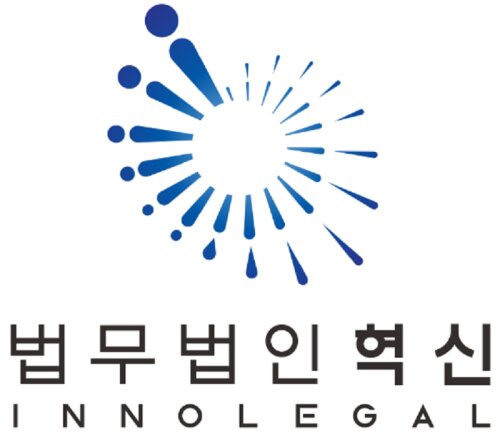Best Trademark Lawyers in Seoul
Share your needs with us, get contacted by law firms.
Free. Takes 2 min.
List of the best lawyers in Seoul, South Korea
About Trademark Law in Seoul, South Korea:
Trademark law in Seoul, South Korea, is governed by the Korean Intellectual Property Office (KIPO) and the Trademark Act. A trademark is a form of intellectual property that identifies and distinguishes the goods or services of one seller from another. Registering a trademark in South Korea provides legal protection to the owner, preventing others from using the same mark for similar goods or services.
Why You May Need a Lawyer:
You may need a lawyer for trademark issues in Seoul if you are facing trademark infringement, need assistance with trademark registration, have questions about trademark licensing, or need to enforce your trademark rights against third parties. A lawyer can help navigate the complex legal system, protect your intellectual property, and ensure your rights are upheld.
Local Laws Overview:
In Seoul, South Korea, trademark registration is done through KIPO, and trademarks are valid for ten years, renewable indefinitely. Trademarks must be distinct and not descriptive of the goods or services they represent. Trademark infringement is taken seriously in South Korea, and owners can take legal action against infringing parties through civil or criminal proceedings.
Frequently Asked Questions:
1. What is the process for registering a trademark in Seoul, South Korea?
The process involves filing an application with KIPO, which will examine the mark for compliance with local laws and notify the applicant of any issues.
2. How long does a trademark registration last in South Korea?
A trademark registration in South Korea is valid for ten years, with the option to renew indefinitely.
3. What is considered trademark infringement in Seoul?
Trademark infringement occurs when a third party uses a mark that is identical or similar to a registered trademark for similar goods or services, causing confusion among consumers.
4. Can I license my trademark to others in South Korea?
Yes, trademarks can be licensed to others in South Korea, allowing them to use the mark for a fee or royalties.
5. What are the penalties for trademark infringement in South Korea?
Penalties for trademark infringement in South Korea include fines, damages, injunctions, and possibly criminal prosecution.
6. Can I register a sound or scent trademark in South Korea?
Yes, South Korea allows for the registration of non-traditional trademarks, such as sound or scent marks, provided they meet the criteria for distinctiveness.
7. What is the cost of trademark registration in Seoul?
The cost of trademark registration in Seoul varies depending on the number of classes the mark falls under and any additional services required.
8. Can I register a trademark in South Korea if I am a foreign entity?
Yes, foreign entities can register trademarks in South Korea, but they must appoint a local agent to represent them during the registration process.
9. How can I enforce my trademark rights in South Korea?
To enforce your trademark rights in South Korea, you can file a civil lawsuit or criminal complaint against infringing parties, seeking damages and injunctions to stop the infringement.
10. What is the difference between a trademark and a copyright in South Korea?
A trademark protects a brand or logo used to identify goods or services, while a copyright protects original works of authorship, such as literary, artistic, or musical creations.
Additional Resources:
For more information on trademark law in Seoul, South Korea, you can visit the Korean Intellectual Property Office (KIPO) website or seek guidance from local law firms specializing in intellectual property law.
Next Steps:
If you require legal assistance with trademark issues in Seoul, South Korea, consider consulting with a local intellectual property lawyer who can provide guidance on registration, enforcement, and protection of your trademark rights.
Lawzana helps you find the best lawyers and law firms in Seoul through a curated and pre-screened list of qualified legal professionals. Our platform offers rankings and detailed profiles of attorneys and law firms, allowing you to compare based on practice areas, including Trademark, experience, and client feedback.
Each profile includes a description of the firm's areas of practice, client reviews, team members and partners, year of establishment, spoken languages, office locations, contact information, social media presence, and any published articles or resources. Most firms on our platform speak English and are experienced in both local and international legal matters.
Get a quote from top-rated law firms in Seoul, South Korea — quickly, securely, and without unnecessary hassle.
Disclaimer:
The information provided on this page is for general informational purposes only and does not constitute legal advice. While we strive to ensure the accuracy and relevance of the content, legal information may change over time, and interpretations of the law can vary. You should always consult with a qualified legal professional for advice specific to your situation.
We disclaim all liability for actions taken or not taken based on the content of this page. If you believe any information is incorrect or outdated, please contact us, and we will review and update it where appropriate.
















